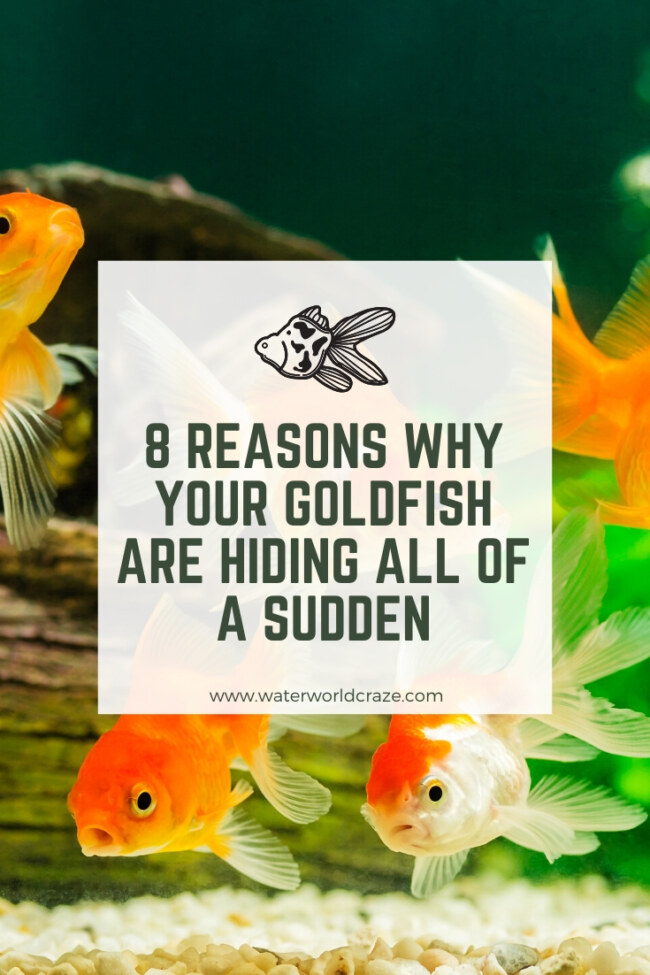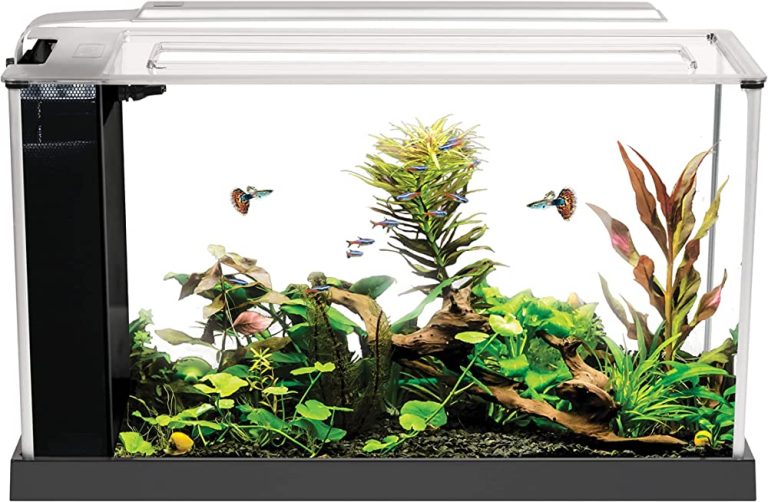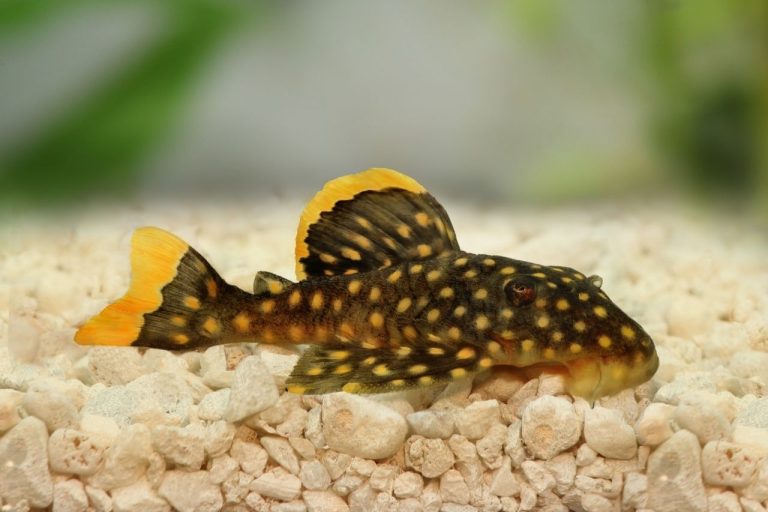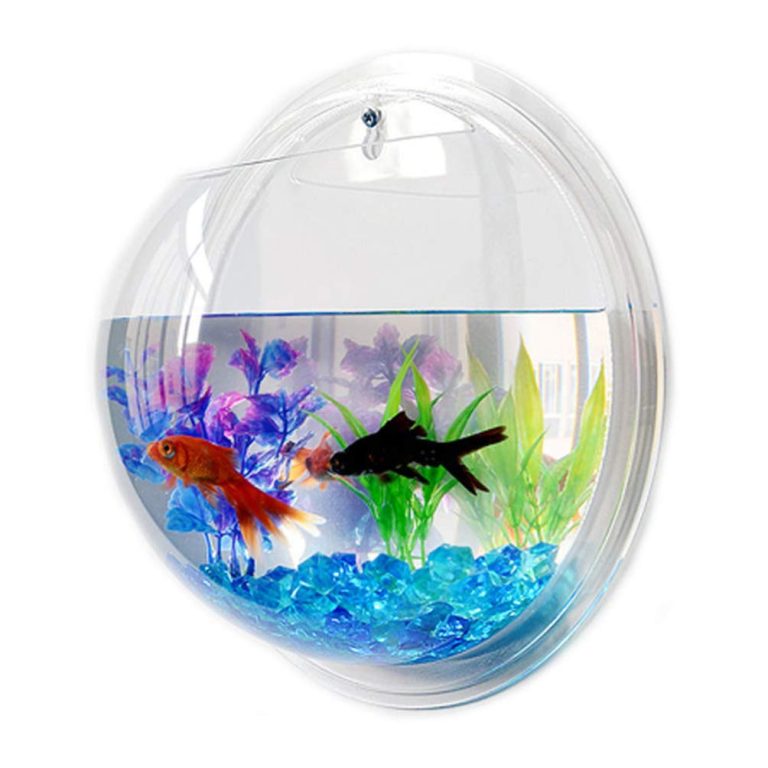Why Do My Fish Hide
Why Do My Fish Hide?
Have you ever wondered why your fish spend most of their time hiding? It can be quite frustrating, especially if you’ve created a beautiful aquarium or fish tank for them to enjoy. But fear not, there are several reasons why your fish might be hiding, and understanding these reasons can help you create a better environment for them. In this article, we’ll explore the various factors that contribute to fish hiding, and provide you with some tips to help alleviate the issue.
Water Parameters
The quality of the water in your aquarium plays a crucial role in your fish’s health and wellbeing. If the water parameters are not within the optimal range, your fish may become stressed and seek refuge in their hiding spots. Here are some common water parameters that can affect your fish:
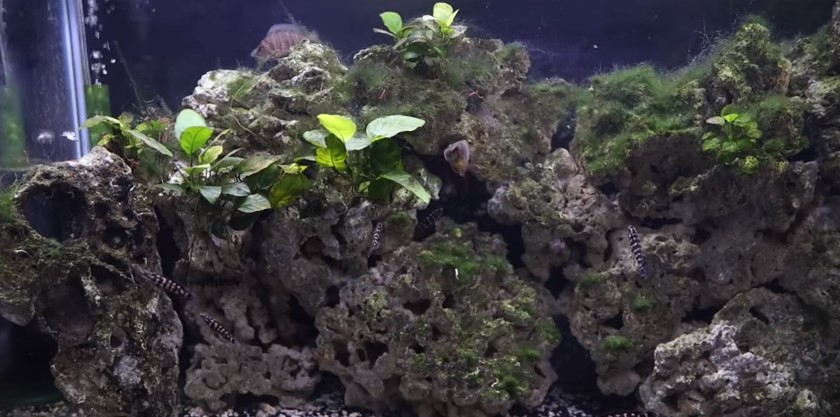
pH Level
The pH level of your aquarium should ideally be within the range suitable for your specific fish species. Some fish prefer acidic water, while others thrive in alkaline conditions. Ensure that you know the preferred pH range for your fish and adjust the water accordingly.
Water Temperature
Fish are ectothermic animals, meaning that their body temperature is regulated by the surrounding water. If the temperature is too high or too low, it can cause stress and lead to hiding behavior. Invest in a reliable thermometer to monitor the water temperature and make adjustments as necessary.
Ammonia and Nitrite Levels
High levels of ammonia and nitrite can be toxic to fish and lead to stress and illness. These compounds are byproducts of fish waste and decaying organic matter in the aquarium. Regular water testing and routine maintenance, such as partial water changes, can help keep these levels in check.
Hiding Spots
Providing adequate hiding spots in your aquarium is essential for your fish’s mental and physical well-being. In the wild, fish have plenty of places to hide from predators and seek shelter. Mimicking these natural hiding spots can help alleviate stress in your aquarium. Consider adding plants, rocks, driftwood, or artificial decorations to create hiding spots for your fish.
Aggression and Dominance
Fish have complex social hierarchies, and some species can be quite territorial and aggressive. If you have multiple fish in your aquarium, it’s possible that one or more individuals are bullying others, causing them to hide. Observe your fish’s behavior to identify any aggression, and if necessary, provide additional hiding spots or consider rehoming aggressive fish.
Illness or Disease
When fish are not feeling well, they often retreat to hiding spots to conserve energy and protect themselves from further stress. Common illnesses and diseases in fish include fungal infections, bacterial infections, parasites, and swim bladder disorders. If you notice any signs of illness, such as loss of appetite, abnormal swimming behavior, or visible abnormalities, consult with a veterinarian who specializes in aquatic animals for proper diagnosis and treatment.
Water Quality
Poor water quality can contribute to fish stress and hiding behavior. Ensure that your aquarium is properly cycled and maintained. Regularly remove debris, excess food, and decaying matter from the tank. Use a reliable filtration system to keep the water clean and clear.
Lighting
Bright and harsh lighting can be intimidating for fish and cause them to seek shelter in dark areas. Consider providing them with dimmed or ambient lighting to create a more natural and comfortable environment.
Introducing New Fish
When introducing new fish into an established tank, there may be an adjustment period where the new additions are getting acclimated to their new surroundings. During this time, they may hide until they feel more secure. Be patient and give them time to settle in and explore their new home.
Frequently Asked Questions
Why do my fish hide during feeding time?
There could be a few reasons why your fish hide during feeding time. They may not be feeling well, or they may be experiencing stress due to aggression from other fish. It’s also possible that they’re not getting enough food and are competing with other fish for resources. Observe your fish during feeding time and make adjustments as necessary to ensure all fish are getting their fair share.
How can I encourage my fish to come out of hiding?
Creating a comfortable and low-stress environment is key to encouraging fish to come out of hiding. Ensure that the water parameters are appropriate for your fish, provide ample hiding spots, and maintain good water quality. Additionally, consider adding tank mates that are known to be compatible with your fish species, as the presence of companions can help reduce stress and encourage natural behavior.
Are there any fish that naturally hide more than others?
Yes, some fish species are naturally more reclusive and tend to spend more time hiding than others. For example, catfish and loaches are known for their hiding behavior. It’s important to do your research and understand the natural habits and preferences of the fish you plan to keep to ensure you can provide them with the best possible environment.
Final Thoughts
Fish hiding is a common behavior that can be influenced by various factors, including water parameters, hiding spots, aggression, illness, water quality, lighting, and the introduction of new fish. By understanding these factors and taking appropriate measures, you can create a better environment for your fish, helping them feel safe and comfortable in their home. Remember to observe your fish’s behavior regularly and make adjustments as necessary to ensure their well-being.
